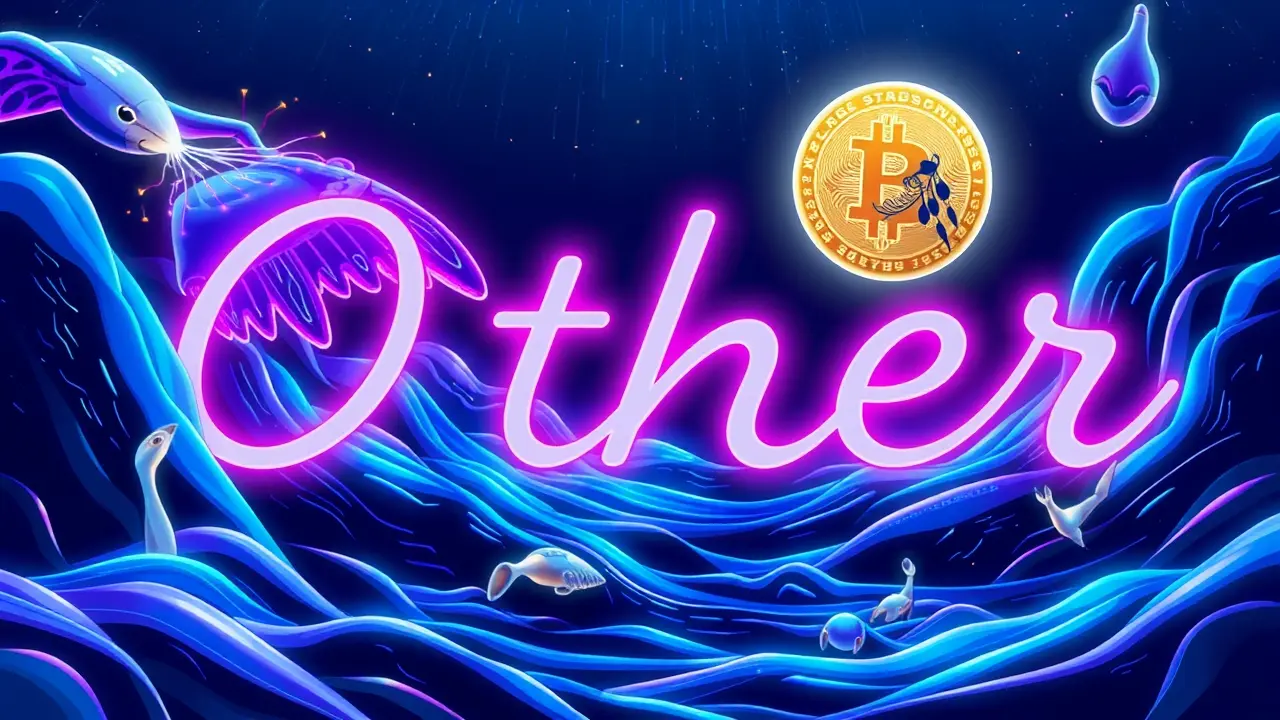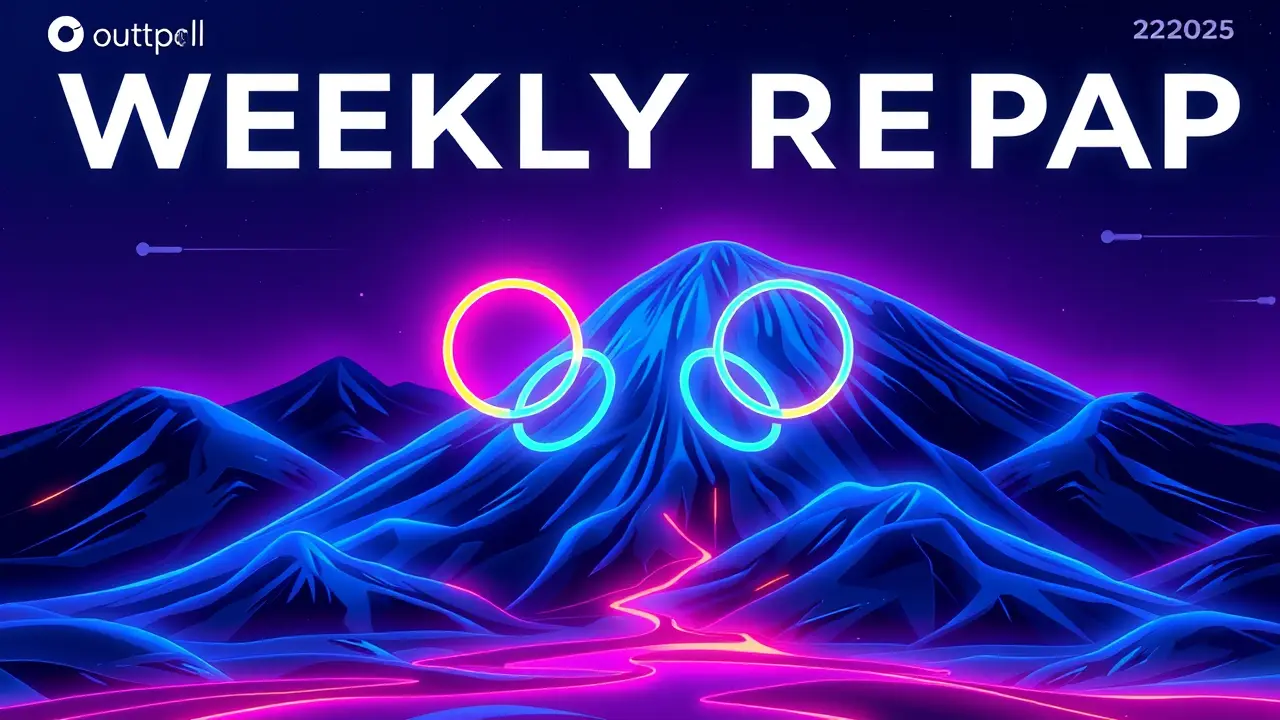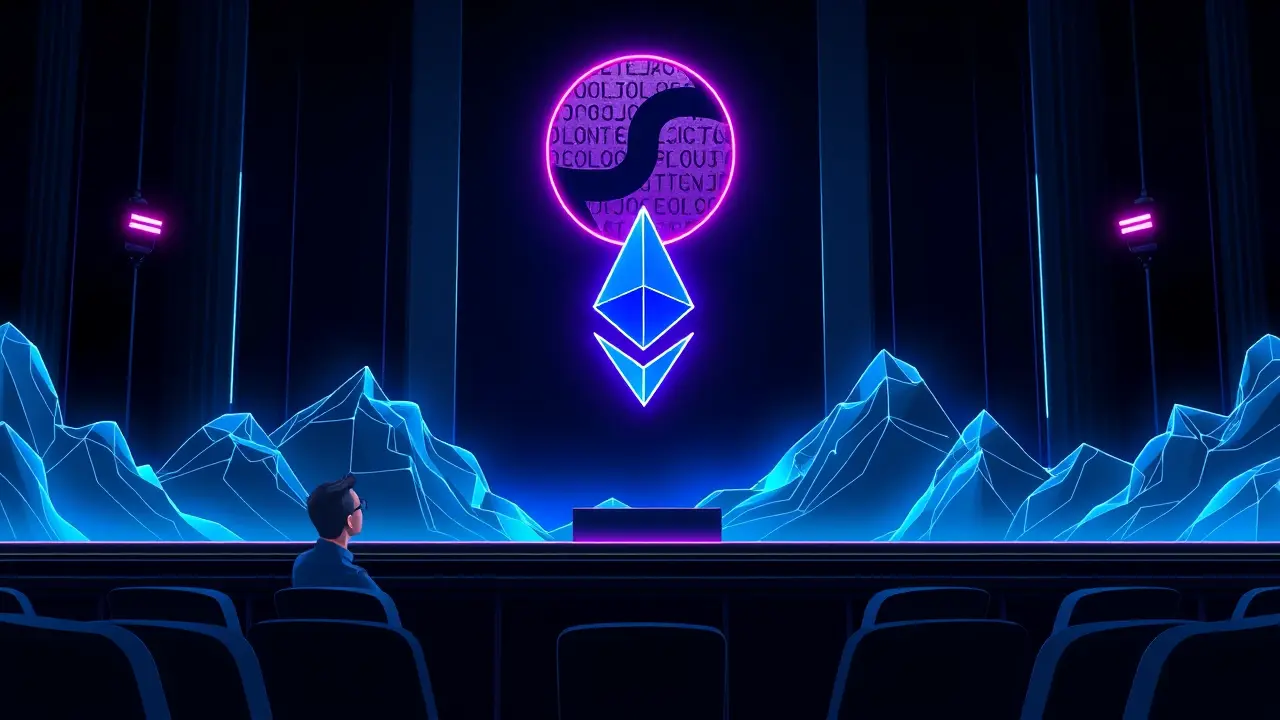
AI
Outpoll Weekly Recap: AI (October 13 – 19, 2025)
DA
Daniel Reed
3 hours ago7 min read
This week felt like a genuine inflection point, a moment where the theoretical scaffolding of artificial intelligence began bearing the full weight of practical, and at times unsettling, application. The dominant narrative was one of raw computational power clashing with the nascent, often clumsy, frameworks of governance.On the power front, Anthropic’s release of Claude 3. 5 Sonnet wasn't just another incremental update; it was a statement of intent, delivering a staggering 40% improvement in complex reasoning benchmarks while simultaneously reducing latency.Watching its performance on ARC-AGI and GPQA benchmarks felt less like observing a tool and more like witnessing the early, awkward steps of a new form of cognition, one that grapples with the kind of nuanced, multi-step problems that have long been the exclusive domain of human experts. This wasn't merely a faster chatbot; it was a system beginning to demonstrate a fragile, yet undeniable, form of understanding.Yet, this very progress cast a long shadow over the other major story: the EU’s formal investigation into OpenAI’s data governance practices. The core of the issue, as outlined in the preliminary findings, revolves around the opaque provenance of the training data for GPT-4o and the legal gray area of ‘publicly available’ information under the GDPR.This isn't a minor regulatory squabble; it's a fundamental philosophical collision between the American tech ethos of ‘move fast and break things’ and the European legal principle of ‘privacy by design. ’ The prediction markets on Outpoll went haywire in response, with shares in ‘Strict EU AI Data Regulation by EOY 2025’ spiking 18% as institutional money bet on a regulatory crackdown that could fundamentally reshape how foundational models are trained.This creates a fascinating tension: just as the technology demonstrates its most profound capabilities, the very fuel it runs on—data—faces potential rationing. It’s a classic case of the genie being halfway out of the bottle while we’re still arguing about the instruction manual.The open-source community, meanwhile, continued its relentless march, with the release of ‘Cortex-7B’, a model specifically fine-tuned for scientific paper summarization that, in blind tests, nearly matched the performance of models ten times its size. This trend towards specialization and efficiency, away from the brute-force scaling of monolithic models, might just be the most significant long-term development, offering a path that navigates between the Scylla of regulatory overreach and the Charybdis of computational intractability. This week proved that the AI race is no longer just about who has the biggest model, but who can build the smartest, most responsible, and ultimately, most sustainable intelligence.
#Weekly recap
Stay Informed. Act Smarter.
Get weekly highlights, major headlines, and expert insights — then put your knowledge to work in our live prediction markets.
Related News
© 2025 Outpoll Service LTD. All rights reserved.














